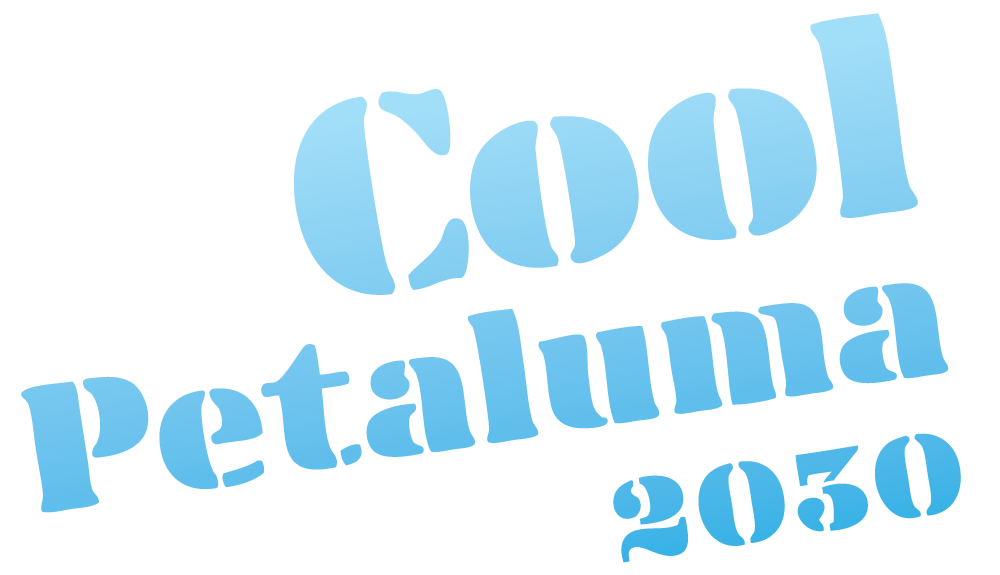Climate Column: The Power of Peer Pressure
NATASHA JULIANA
FOR THE ARGUS-COURIER
February 29, 2024, 5:00PM
Are you old enough to remember when smoking was normal? Can you imagine a future where pulling up to your friend’s house in a gas car is as unacceptable as walking in the door and lighting up a cigarette?
Humans are pack animals, and we care deeply about our social status. Social media companies capitalize on this inherent truth and have amassed enormous amounts of power and wealth because of it. We want to fit in and we want to be cool. We look to others to determine how to do this.
Peer pressure is often associated with negative outcomes, but it can also have a positive influence on our behavior. We are more likely to go to the gym if we have a workout buddy. We are less likely to put in a new lawn when we know the whole city is trying to save water. And there are even studies that show we are much more likely to install solar panels if someone on our street already has them, creating a virtuous cycle of increased adoption with every new sun-powered home.
I know many people who proudly upgrade their fossil fuel-burning appliances and vehicles to all-electric but still insist that we’ll have to pry their gas range from their cold, dead hands. With the exception of concerns about cooking during power outages, I still don’t understand why there is so much passion for piping toxic gas into the heart of our homes just to watch a blue flame cook food. But how would we feel if everyone on our block had made the switch and we were the last house holding up the capping off of the natural gas line to the neighborhood? I’m betting most reasonable people would decide it was no longer “normal” to insist on keeping this polluting appliance.
Currently, most people still find it socially acceptable to share photos of their long-distance vacation travel and tell tales of jet-setting around the world. But if the true cost of air travel was understood to be far worse than the true cost of cigarette smoking, would it stop being cool to fly? One round trip flight from San Francisco to Rome (which I long to take) has a bigger carbon footprint than driving a hybrid car for a whole year. So we could give up driving for 12 months, then take one European vacation and be right back where we started.
And perhaps soon enough, it will seem as icky to eat a half pound hamburger from an industrial farm as it is to eat veal. The suffering of baby cows confined to small dark spaces made veal an unpopular food, but the plight of the adult cows confined to industrial feedlots where they belch up high volumes of methane has not yet captured the general public’s attention. For the same amount of protein, beef produces 50 times more greenhouse gas emissions than beans. When we add together the inhumane treatment with the supersized portion of pollution produced to feed us this fast food, how can we not be grossed out?
If you want to help create some positive peer-to-peer influence to encourage more people in your neighborhood to act in ways that protect the environment, Cool Petaluma’s block-based program is a great place to start.
Beginning with community building and emergency preparation, Block Leaders kickstart the creation of a more resilient neighborhood. From there, the team gathers to discuss the next four topics: rethinking consumption, transforming transportation, improving buildings, and restoring nature.
“Cool Petaluma has motivated me and my block to become more engaged in our community,” reports Block Leader Eileen Abajian. “Through our gatherings, we got to know each other and understand how to create a more resilient block.” One of their collaborative projects is to transform their common area lawn into a more sustainable landscape. They’ve been approved by the city for Mulch Madness support and have applied for the Daily Acts’ Land Resilience grant.
And working together can also encourage individual actions, as Julia Megna discovered. “As Block Leaders, we have made friends, built collaborations and invested in our own actions including a solar system, electric car and bike, better purchasing habits, and reduced animal-based food consumption.”
People look to their peers for direction. What your neighbor has to say about e-bikes or heat pumps can have a bigger influence than any ad campaign. By gathering people, we create opportunities for the cross-pollination of ideas and sharing of resources. This also creates a collaborative team spirit that makes it enjoyable to learn from each other and take action together. And when we are in it together, we can feel the cumulative effects of our small individual actions adding up to a much larger impact.
Get in on the action by joining the next Block Leader Training on Sunday, March 24 at the Lucchesi Community Center. Learn more and register at coolpetaluma.org.
Natasha Juliana is the Campaign Director for Cool Petaluma. She can be reached at natashaj@coolpetaluma.org. For information on how to get involved, visit coolpetaluma.org.

